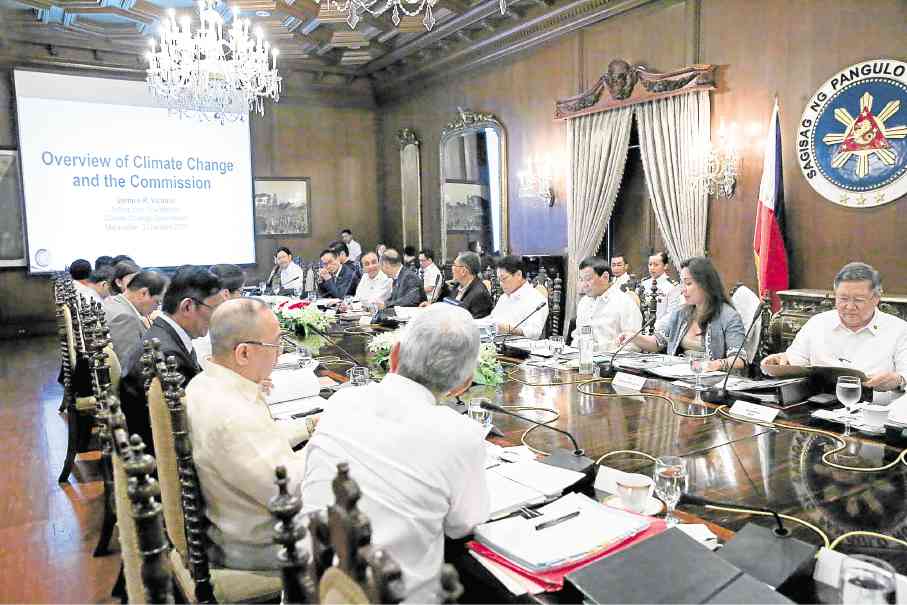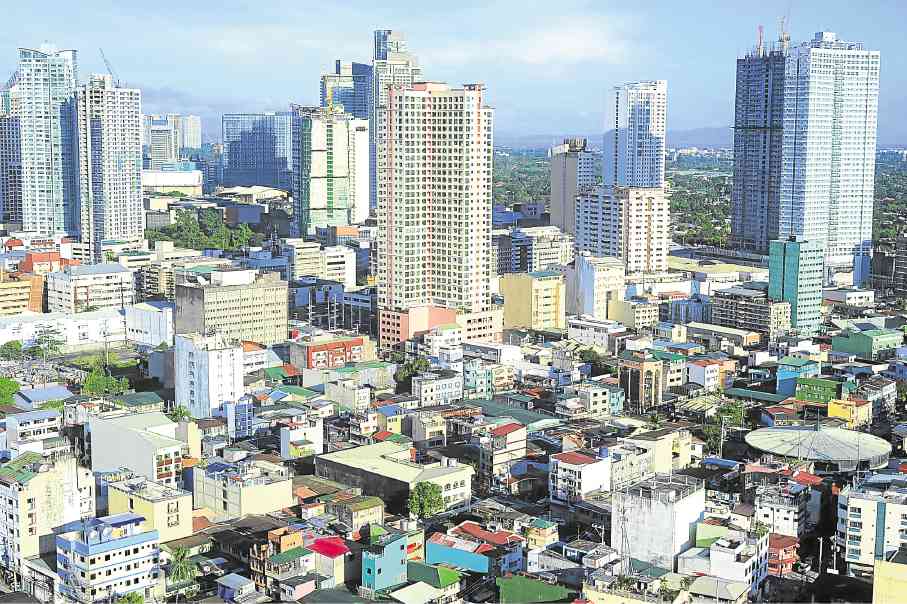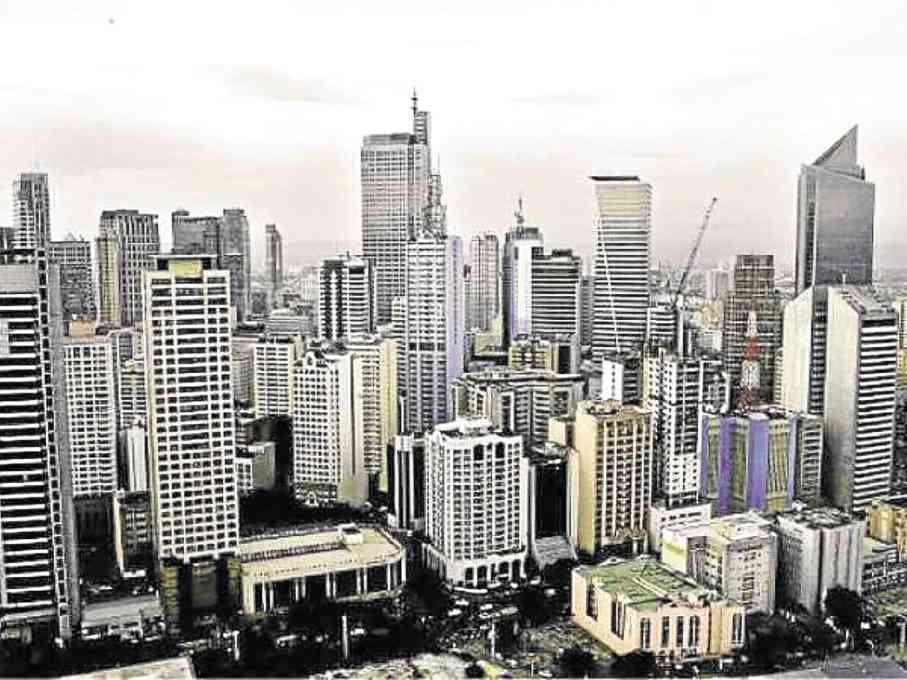Property firms and climate change

President Duterte signed the Paris Agreement, which seeks to “strengthen global response to the threat of climate change by keeping the global average temperature rise this century to well below 2 degrees Celsius.”
Earlier this week, the news of President Duterte finally signing a landmark international climate accord to reduce greenhouse gas emissions grabbed local headlines.
According to reports, Mr. Duterte submitted to the Senate late last month the instrument of accession for the Paris Agreement for ratification.
The Paris Agreement was adopted by 196 countries that participated in the 21st Session of the Conference of the Parties to the UN Framework Convention on Climate Change held in France in December 2015.
Overall, the agreement seeks to “strengthen global response to the threat of climate change by keeping the global average temperature rise this century to well below 2 degrees Celsius.”
The Philippines, under the Manila Declaration of 2015, has meanwhile committed to reduce its emissions by as much as 70 percent by 2030. The planned reduction was expected to come from the energy, transport, waste, forestry, and industry sectors.
Significant contributor
Now where do the real estate firms figure in this picture?
The industry, in fact, can play a significant role in substantially slashing carbon emissions over the next decade.
A report by the World Economic Forum (WEF) last year claimed that the real estate industry is a significant contributor to gas emissions. And the numbers support this claim:
The real estate industry consumes over 40 percent of global energy annually;
About 20 percent of total global greenhouse gas emissions originate from buildings;
There is a projected 56 percent increase in building gas emissions by 2030; and
Buildings use 40 percent of raw materials globally.
“Global socioeconomic forces will make the environmental impact of real estate sector even more important in the future. By most projections, by 2030, the global population will exceed 8 billion and over 60 percent of the world’s population (4.9 billion people) will be living in urban environments,” the WEF report stated.
This would thus lead to significant growth in the construction and real estate market, as the largest 750 cities—representing 61 percent of global economy—will require 260 million new homes; and 540 million sqm of new office space.
Environmental requirements
For the real estate industry to do its share in cutting gas emissions, it must implement more stringent targets.
Citing World Bank estimates, the WEF report noted that staying under the 2°C threshold would require the real estate sector to cut total emissions by 36 percent by 2030.
How? By adhering to best-in-class sustainability standards in all aspects of their respective real estate operations; committing to continuous improvement in the environmental performance of construction and development activities; and tracking the environmental performance of real estate assets and operations on a continuous basis, to assess ecological footprint, and exposure to risk from natural shocks, WEF reported.
Greening initiatives
In the Philippines, there has long been a growing movement towards “green” practices, which are aimed at ensuring the environmental sustainability of structures and communities.
A good number of buildings in the country have either achieved or batting to achieve dual green building certification from the United States Green Building Council’s Leadership in Energy and Environmental Design (LEED) program, as well as from the Philippine Green Building Council’s Building for Ecologically Responsive Design Excellence (BERDE) program.
How can Philippine property firms contribute then? It would be wise to look at the different criteria set by the respective rating programs of both the USGBC and PhilGBC.
This means that real estate developers must consider several factors in their projects:
Compliance to local and national environment laws from the design phase, construction to operation;
The efficient use of environment friendly resources or at least the materials that generate lesser emissions during their production;
Reduction of environmental impact of project by implementing measures for pollution control, efficient utilization of lands previously developed, and protection of ecological features and biodiversity; and
Reduction of water consumption and wastewater discharge, as well as the implementation of efficiency measures to reduce energy use, among many other factors.
The returns, of course, are promising, as green, efficient and environment friendly buildings can generate significant benefits and savings in the long run. Tangible benefits include higher rents and sale prices, lower operating costs, increased occupancy rates, among others while intangible perks include image and branding, future proofing to, in turn, produce financial benefits for investors in and occupiers of real estate assets.
“Development of, and investment in, real estate in more environmentally sustainable and resilient cities are likely to prove more profitable in the long term,” WEF said.


